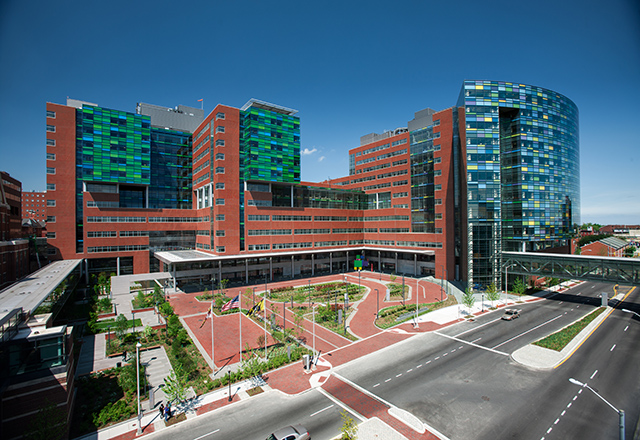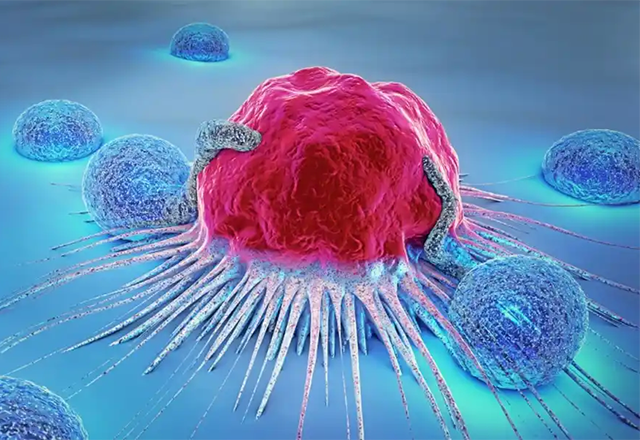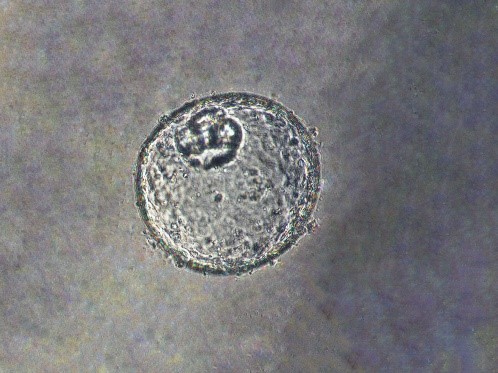The Division of Gastroenterology & Hepatology advances the understanding, diagnosis, treatment and prevention of gastrointestinal and liver disease through patient care, education and research.
Request an Appointment
Schedule online through MyChart
Available for follow-up appointments with most providers
Log into MyChart
| Sign up for MyChart

Schedule by phone
New and existing patients can schedule by phone using these numbers:
For care in Maryland: 410-933-7495
For care in DC: 202-660-5555
International patients: +1-410-502-7683 or fill out a form

Patient Stories
Endoscopic Submucosal Dissection (ESD) | Eileen’s Story
TIF Procedure for GERD | Frank's Story
Crohn's Disease | Amanda's Story
Small Gifts Really Matter
Gifts of all sizes help the Division of Gastroenterology and Hepatology continue its ongoing efforts as a leader in innovative and compassionate treatment, groundbreaking research, and excellent surgical medical education. Contributions can be made in support of the Division of Gastroenterology and Hepatology or can be designated to benefit the work of a specific physician or particular area within the division.
How your gift can help







